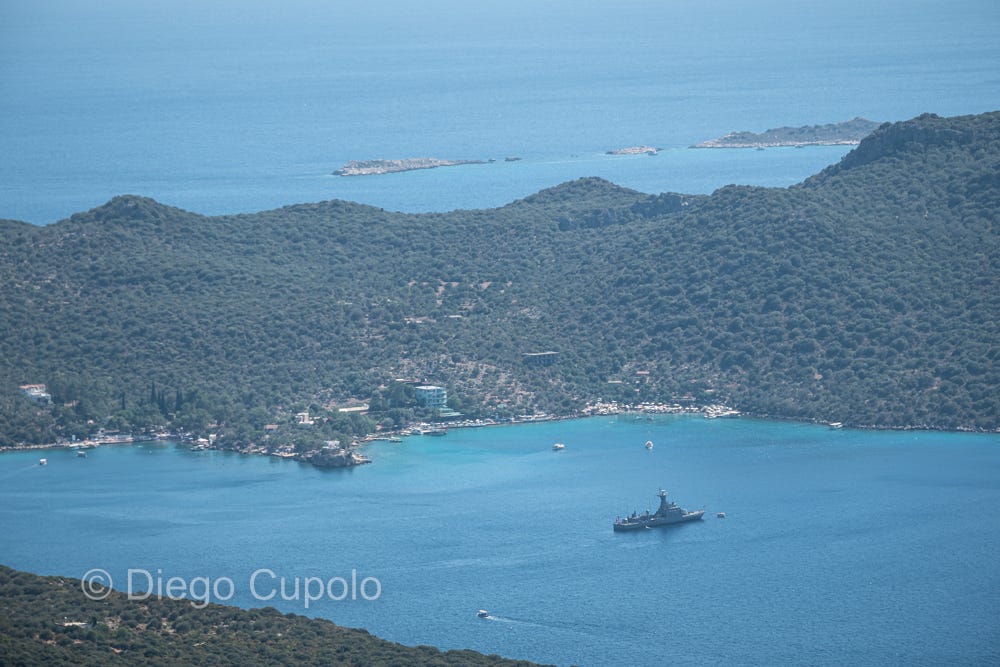
Few regions in the world host as much beauty, history and grievance as the Aegean Sea. The roar of jets tearing through the sky can interrupt just about any beachside nap, as happened to a friend la…

Few regions in the world host as much beauty, history and grievance as the Aegean Sea. The roar of jets tearing through the sky can interrupt just about any beachside nap, as happened to a friend la…